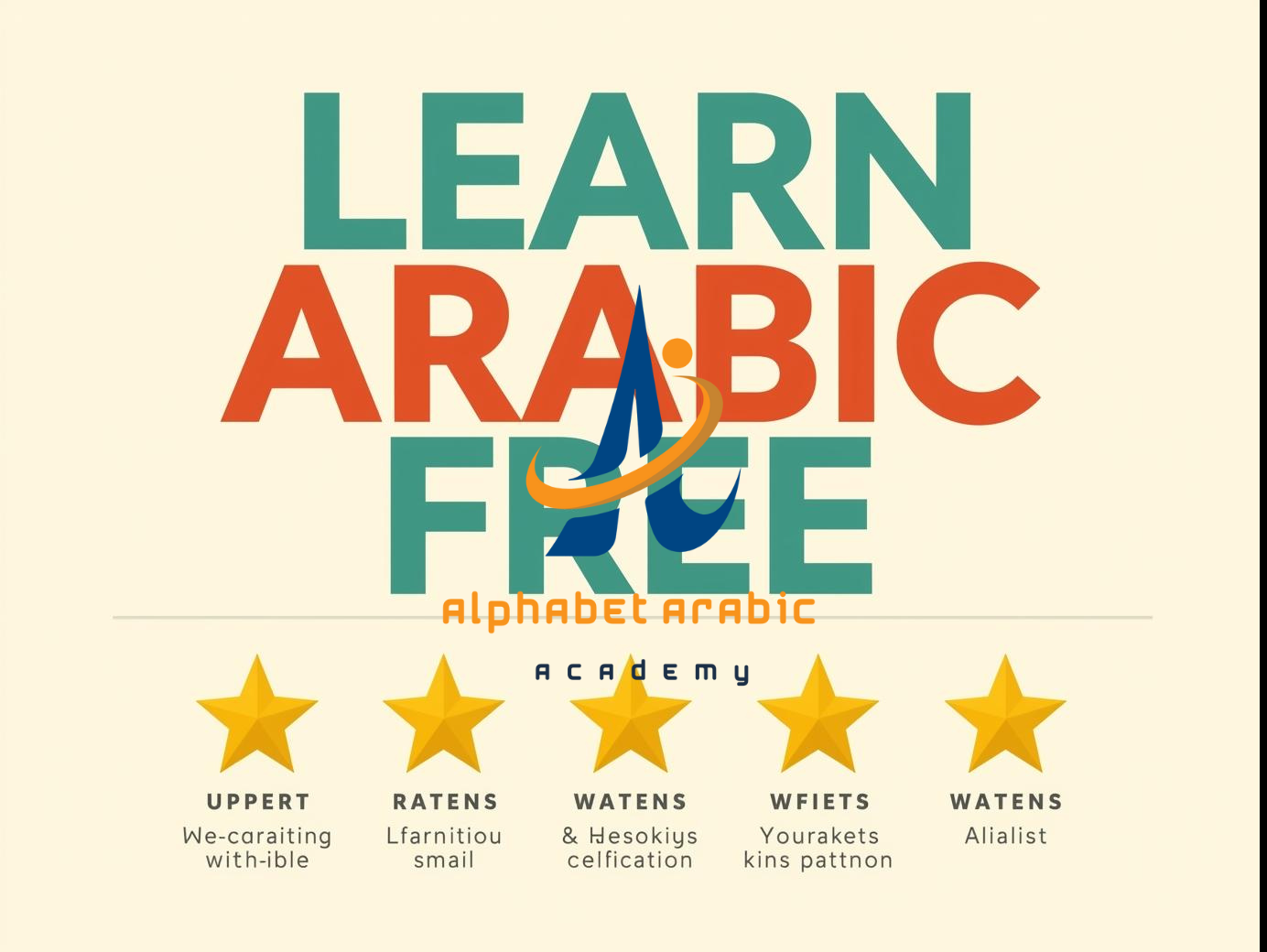Learning Arabic online
Learn how to learn Arabic online free, thanks to an array of resources that make acquiring this rich and diverse language an achievable goal. If you are looking for ways to learn Arabic online for free, you’ve come to the right place. This article will guide you through top tools, strategies, and platforms while highlighting the benefits of choosing the online route. For a stress-free educational experience, visit our module on independent Arabic language mastery for 2026

Why Learn Arabic Online Free
Benefits of Arabic Skills
Arabic is one of the most widely spoken languages globally, offering a gateway to understanding a fascinating culture, accessing ancient texts, and opening professional opportunities. Becoming skilled in Arabic enables you to:
- Improve cognitive skills through mastering a foreign script.
- Engage with Arab culture and media to enhance your understanding.
- Boost your career prospects in fields such as international relations, translation, and teaching.
Opportunities with Bilingual Ability
Bilingual skills in Arabic and your native language bring a host of opportunities:
- Access to a wide range of job opportunities in the global market.
- The ability to connect with native speakers and communities worldwide.
- An edge in academic pursuits, including Islamic studies or Middle Eastern history.
Getting Started with Resources
Platforms Offering Free Courses
Numerous platforms provide excellent courses for beginners and advanced learners alike:
- Coursera offers free trials and university-level Arabic lessons.
- Busuu merges structured lessons with community engagement.
- Al Jazeera Arabic offers news-based learning for intermediate students.
Apps for Arabic Learners
Mobile apps make learning on the go fun and effective. Some top-rated options include:
- Duolingo is great for learning fundamental grammar and vocabulary.
- Memrise for audio-rich language practice.
- Mondly for conversation-focused learning.
Top Online Platforms Free Courses
Duolingo for Arabic Lessons
Duolingo’s bite-sized lessons are perfect for beginners. The platform’s gamified approach combines learning the alphabet with grammar and vocabulary.
Memrise for Language Practice
Memrise helps learners practice Arabic through interactive flashcards and native speaker audio recordings. It’s great for building vocabulary and improving listening skills.
Interactive Arabic Language Tools
Language Learning Podcasts
Podcasts like ArabicPod101 provide immersive audio lessons that teach practical phrases, grammar, and pronunciation.
YouTube Channel Tutorials
YouTube provides a wealth of complimentary tutorials. Channels like Alphabet arabic academy break down complex topics into easy-to-follow lessons.
Utilizing Arabic Language Communities
Joining Language Exchange Forums
Forums like r/learn_arabic on Reddit or specialized Facebook groups connect you with fellow learners and native speakers for language exchange.
Participating in Arabic Discussions
Active participation in online communities fosters better speaking and listening skills. Engage in platforms that encourage real-time interaction.
Effective Arabic Learning Strategies
Setting Realistic Language Goals
Define your goals based on your needs—whether it’s mastering basic communication, reading the Qur’an, or achieving fluency for professional purposes.
Crafting a dependable study timetable
Consistency is key. Allocate a particular time each day or week for:
- Vocabulary building with flashcards.
- Practicing conversation through apps or tutors.
- Immersion using Arabic media.
Tracking Progress and Success
Using Language Learning Apps
Apps like Babbel or Mondly allow you to track your progress, offering certificates upon course completion to motivate learners.
Celebrating Language Milestones
Small wins, such as mastering the Arabic alphabet or holding a basic conversation, build confidence and keep you motivated on your journey.
Extra Materials to Enhance Your Knowledge
Comprehensive Tools and Approaches
Arabic learning platforms and apps provide access to a range of resources that cater to beginners and advanced learners alike. These include:
- Android and iOS apps designed for on-the-go learning.
- Interactive videos and podcasts for all levels.
- Educational games that make mastering the basics fun.
- Step-by-step lessons that focus on letters, script, and grammar.
Tailored Learning Experiences
Many resources are developed to meet specific learner needs:
- Platforms like Udemy and Coursera offer a mix of free and affordable courses.
- Lingua-based programs emphasize cultural immersion.
- Tools for typing, keyboard practice, and reading exercises help master the Arabic script.
Certificates and Milestones
Earn certificates from courses to showcase your progress. Whether it’s completing a beginner’s program or advancing to higher levels, celebrate your achievements.
Flexible Learning Options
Enjoy the freedom to learn at your own pace, choosing between live classes or self-directed study. Resources include:
- Books and guides to supplement app-based learning.
- Access to online communities and forums like r/learn_arabic.
- Games and quizzes to reinforce knowledge in minutes a day.

